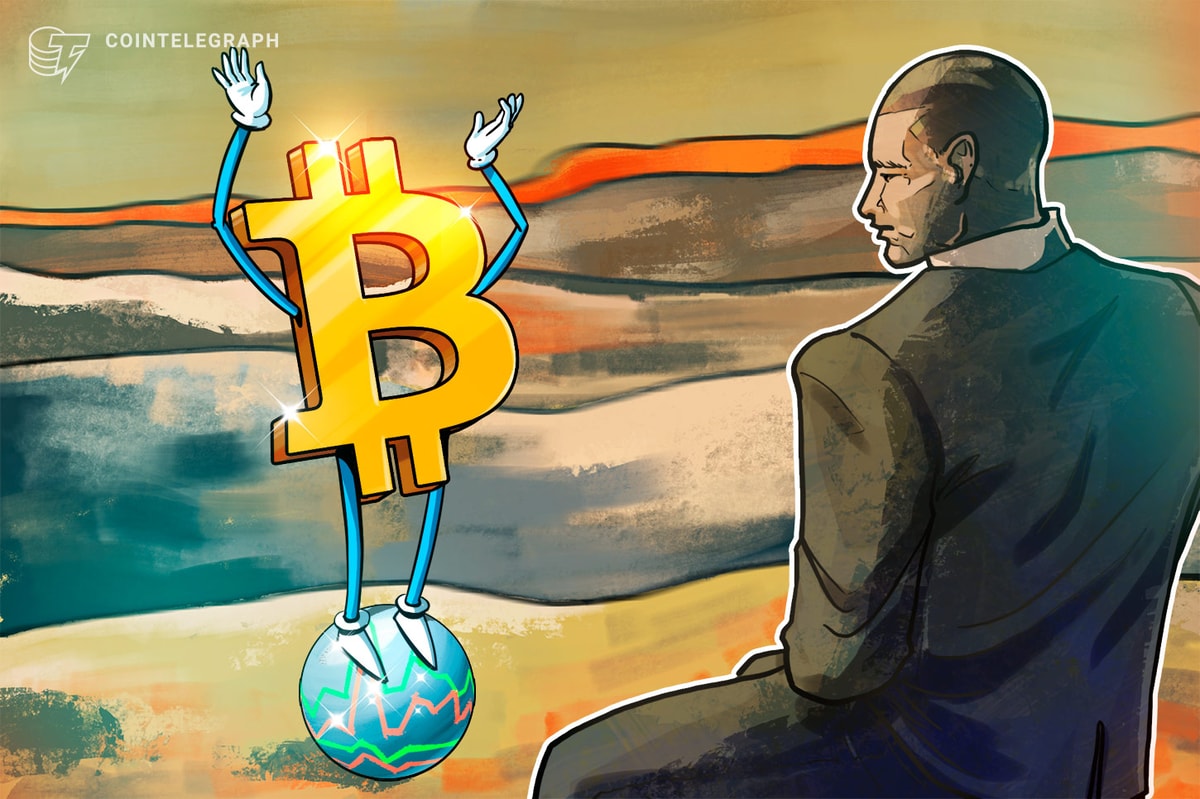BitPanda crypto exchange gets license in Norway amid European expansion bid
2 min read
One of the largest European crypto exchanges, a Vienna-based BitPanda, became one of the first foreign entities to receive a virtual assert service provider license in Norway. The announcement came on the company’s official X (former Twitter) account on Oct. 19.
BitPanda holds a license in a number of European jurisdictions, such as Austria, Germany, France, the Czech Republic and Sweden. According to the Deputy CEO of Bitpanda, Lukas Enzersdorfer-Konrad, the registration marks another step in the company’s expansion in Europe:
“It is obvious that we in Europe need an investment platform that we can trust. At Bitpanda, we have set out to be that platform. Over the last 12 months, we have been The only European provider to receive licenses in Germany, Sweden and Norway. We now have more than 4 million users and enable Europe’s leading financial institutions and neobanks to offer digital assets.”
In May 2023, Norway, which remains outside the European Union, has signaled that it could go its own way on crypto asset regulation. In its annual report, the Central Bank of the country stated that the upcoming pan-EU Markets in Crypto Assets (MiCA) regulation “may not be adequate to all crypto regulatory needs.”
Related: UAE emirate launches new free zone for digital assets, Web3 and AI
Meanwhile, some major crypto exchanges continue to struggle with European regulators. In September, New York-headquartered Gemini decided to quit the Netherlands, citing the inability to meet regulators’ requirements. The problems don’t end within the European Union’s jurisdiction. The United Kingdom’s financial markets regulator, the Financial Conduct Authority (FCA), recently added 143 new entities to the warning list of non-registered asset providers.
Magazine: Ethereum restaking. Blockchain innovation or dangerous house of cards?







